Taiwan’s President Tsai wins 2nd term in office
Taiwan’s President Tsai Ing-wen has declared her victory in Saturday’s election, where voters allowed the self-ruled island’s first female leader to assume power for a second term.
“Taiwan is showing the world how much we cherish our free democratic way of life and how much we cherish our nation,” Tsai, 63, told reporters as she announced her victory late on Saturday.
The US-backed incumbent president is known for her tough stance against China, which regards Taiwan as a renegade province and has grown increasingly suspicious that Tsai seeks formal secession.
Some 19 million people were registered to vote in the presidential election on Saturday, when the parliamentary election was also held. Voters chose the next lawmakers of the Taiwanese legislature, where Tsai's party has had a majority.
Tsai’s main rival, Han Kuo-yu, who had promised to ease tensions with China, conceded defeat, admitting that the incumbent had won a second term.
“I have called President Tsai to congratulate her. She has a new mandate for the next four years,” Han told a crowd of supporters in the southern city of Kaohsiung late on Saturday.
Ahead of presidential and parliamentary elections, Taiwan's ruling party had begun a renewed push for passing a bill to combat what it claims as Chinese efforts to influence politics in the island.
The draft bill prohibits anyone donating to a political party, influencing elections or otherwise seeking sway in Taiwan politics on the instructions of or with the financial support of “infiltration sources.”
Beijing insists that the self-ruled island must be unified with the mainland one day, whereas Tsai insists Taiwan's future should be decided by its 23 million people.
China has pursued Taiwan’s reunification ever since the island broke away from the mainland during a civil war in 1949. China claims full sovereignty over the island under the globally-recognized “One China” policy and almost all world countries, including the US, recognize that sovereignty.
The US, however, has long courted Taipei in an attempt to counter Beijing. The US — which has no formal diplomatic relations with Taipei by law — has extensive military ties with Taipei, selling advanced military hardware to the island, a move that has infuriated Beijing.
Relations between China and Taiwan have particularly been strained since Tsai came to power in 2016. She has strong anti-China inclinations and refuses to acknowledge that both sides are part of “one China.”
Tsai has a bumpy road ahead during the next four years as she has to face challenges in trying to reform the government and economy and push through unpopular cuts in generous civil service pensions.
US ambassador meets Palestinian official in Ramallah: Report
UAE exposed as secret buyer in huge arms deal with Israel: Report
Trump, Netanyahu planned war on Iran since February: Report
Iran condemns US hypocrisy, citing aggression, sanctions, restrictions
VIDEO | Pakistan, Russia explore potential oil cooperation amid global sanctions
VIDEO | Bethlehem’s Christmas returns: A message of peace from the birthplace of Christianity
VIDEO | Press TV's news headlines
VIDEO | Protestors call for release of British hunger strikers



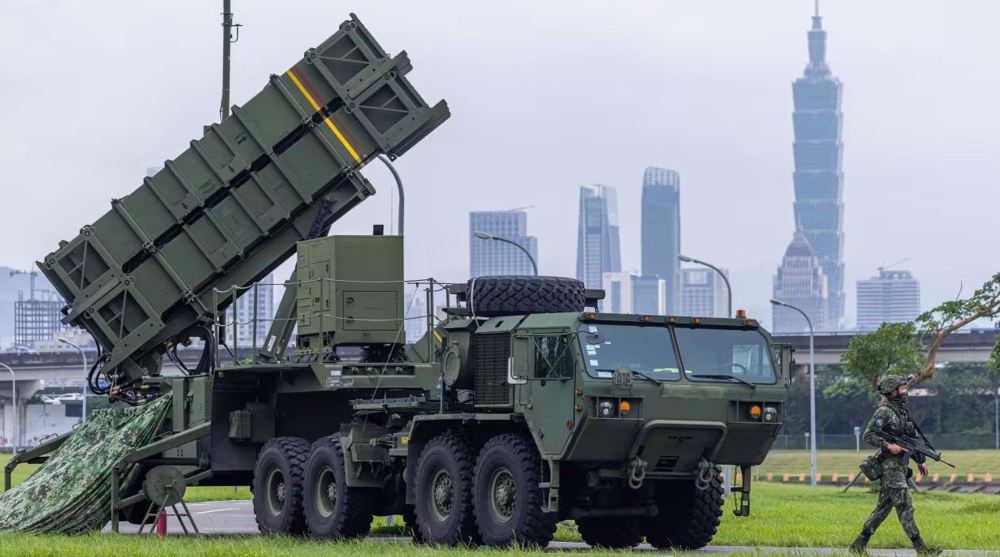





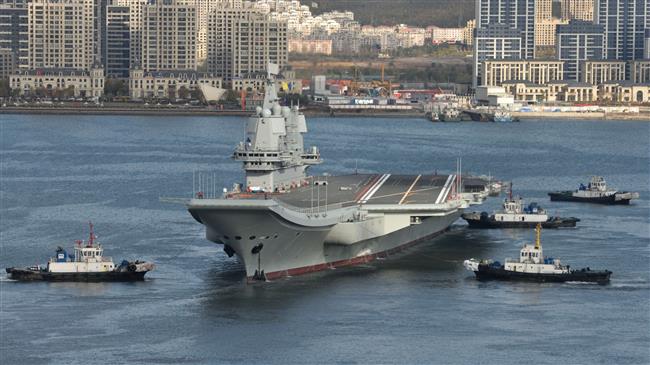
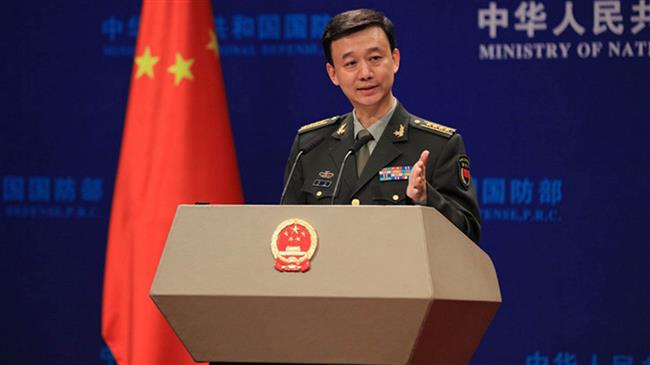
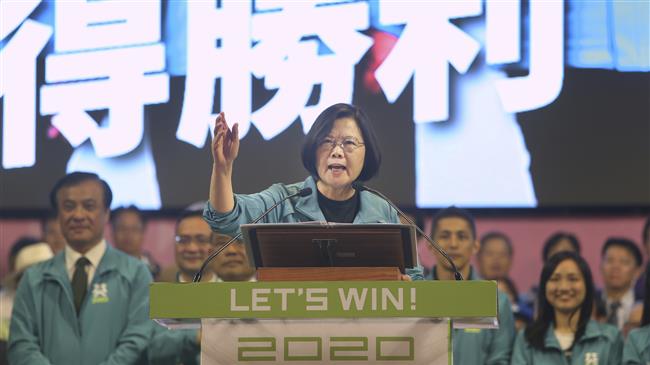
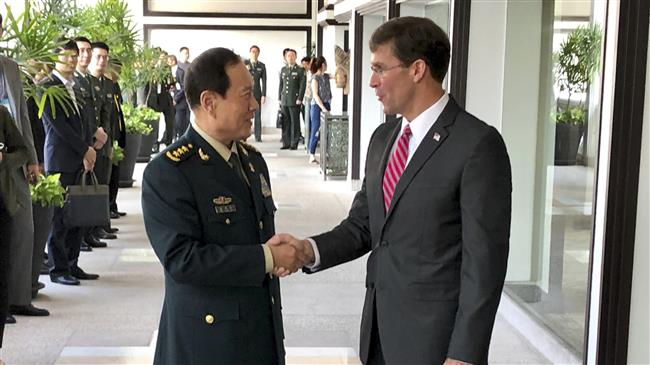

 This makes it easy to access the Press TV website
This makes it easy to access the Press TV website